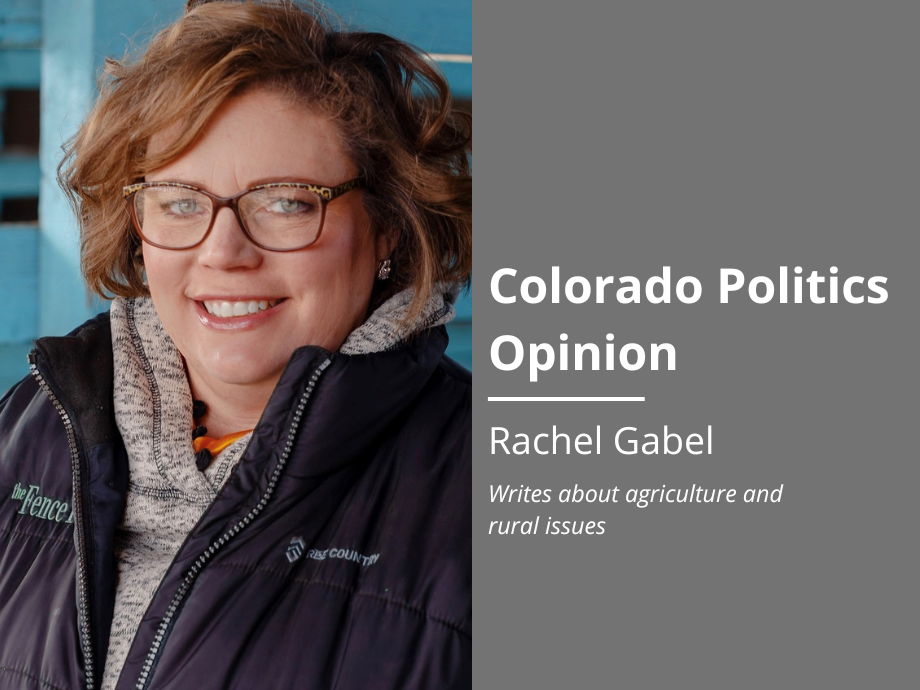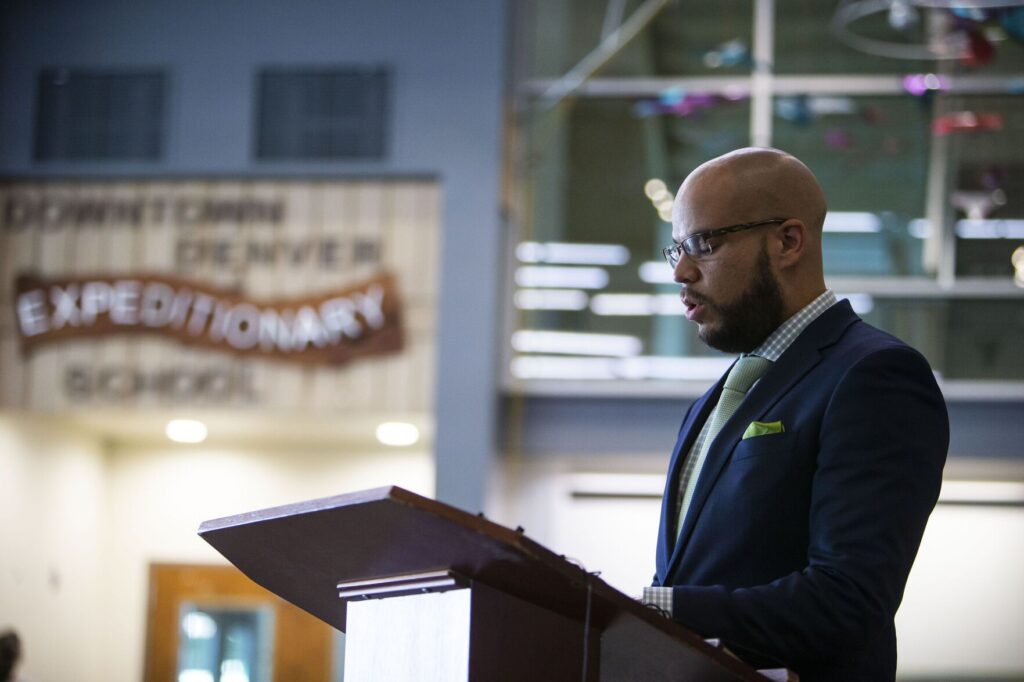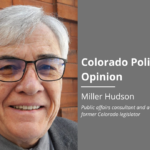The wild world of wolf-management public comment | GABEL


Wolves are a wildlife species that possess no magical or mystical powers that exempt them from the need for management. They are a species of wildlife and in a world where people and wildlife exist on the same landscape, wolves must be managed. Though the discussions about the draft wolf management plan have been overwhelmingly positive and poised, the public comments to the Colorado Parks and Wildlife Commission have been exasperating to witness.
Some public comments have been made by ranchers who provide habitat for all wildlife and who have good relationships with CPW “boots-on-the-ground” staff in their area. They don’t want that relationship to be damaged any more than they want their livestock to be depredated.
Public comments have been made by outfitters who feel most at home in the wildest parts of the state. They know and believe in the North American model of wildlife conservation, fair chase, and they know well the dollars hunting brings into the small communities that are inundated with them season after season.
Wildlife experts have offered public comment, knowing there is far too much to say than three minutes will allow. They know lethal control is a vital part of management of any species and they know CPW staff has been forced into a corner by an electorate who can be persuaded by television campaign advertisements.
Last week the wife of a rancher who has been at the center of wolf depredation by migrating wolves offered her comments. Her voice shook when she told the commission that ranching with chronically depredating wolves is not sustainable. Not sustainable because ranchers can’t sleep in their pickups night after night trying to protect their livelihood from a predator they can’t see. Not sustainable because they can’t forgo sleep only to wake up to dead cattle and must spend the day doing the hours of work invented by each incident, rather than the work necessary day to day to make a living.
The public comments from wolf advocates come from people who believe what they are saying as much as anyone else at the mic. Some of them quote Thoreau, others call livestock invasive species, others claim the only solution to the biodiversity crisis is returning half the state to interconnected wilderness, despite the 6 million residents who live in the suburbs in what is wolves’ historic range. The magic number of wolves or packs or breeding pairs varies wildly depending upon the source, but some claim the Western Slope can support thousands of wolves. They are adamantly against lethal take of wolves and instead propose fladry, and range riders, and even training cattle to not run from the apex predators.
It’s a ping-pong match with no end and more questions than answers every time. There must be a funding source by statute, but it appears to be an appropriation made annually by the general assembly rather than a dedicated funding stream under the control of CPW. There must be compensation for losses to producers but putting a price tag on a livelihood isn’t simple. And the Commission has to decipher information about terms outside their areas of expertise to make decisions about weaning weights and calf mortality, which records ranchers maintain are acceptable, and whose determination of cattle pregnancy is good enough if the cow is killed.
Each of the people who offer public comment have strong feelings and their frustration and fear is tangible. The bitter taste of poor decisions being made by people who don’t have to deal with the consequences is on the tongues of so many of the commenters. The feeling that Front Range voters shackled rural Colorado with this wreck is real. The heartburn is real each time a mountain lion or bear is removed from a community where it was too close to humans and voters breathe a sigh of relief that CPW can address the problem. Former Broncos player Derek Wolfe legally killing a mountain lion near Grant that had reportedly “wreaked havoc on the neighborhood” and “killed two dogs” comes to mind. I’m certain the ranchers on the Western Slope aren’t clutching their pearls at the mere thought of that brand of havoc. CPW must be able to manage wildlife in alignment with state statute that guides their management of, for example, mountain lions. Wolves must be managed and CPW cannot do that with one hand tied behind their backs.
Through all of the comments, perhaps the most striking input that ought to hold the most weight with the Commission is the recommendations of the Stakeholders Advisory Group and the Technical Working Group. One is a cross section of people with all the differing opinions represented in public comments. The other is comprised of actual experts in wolf and wildlife management. It is foolish to poo poo the experts any more than we already have by putting ballot box biology in place.
Rachel Gabel writes about agriculture and rural issues. She is assistant editor of The Fence Post Magazine, the region’s preeminent agriculture publication. Gabel is a daughter of the state’s oil and gas industry and a member of one of the state’s 12,000 cattle-raising families, and she has authored children’s books used in hundreds of classrooms to teach students about agriculture.













